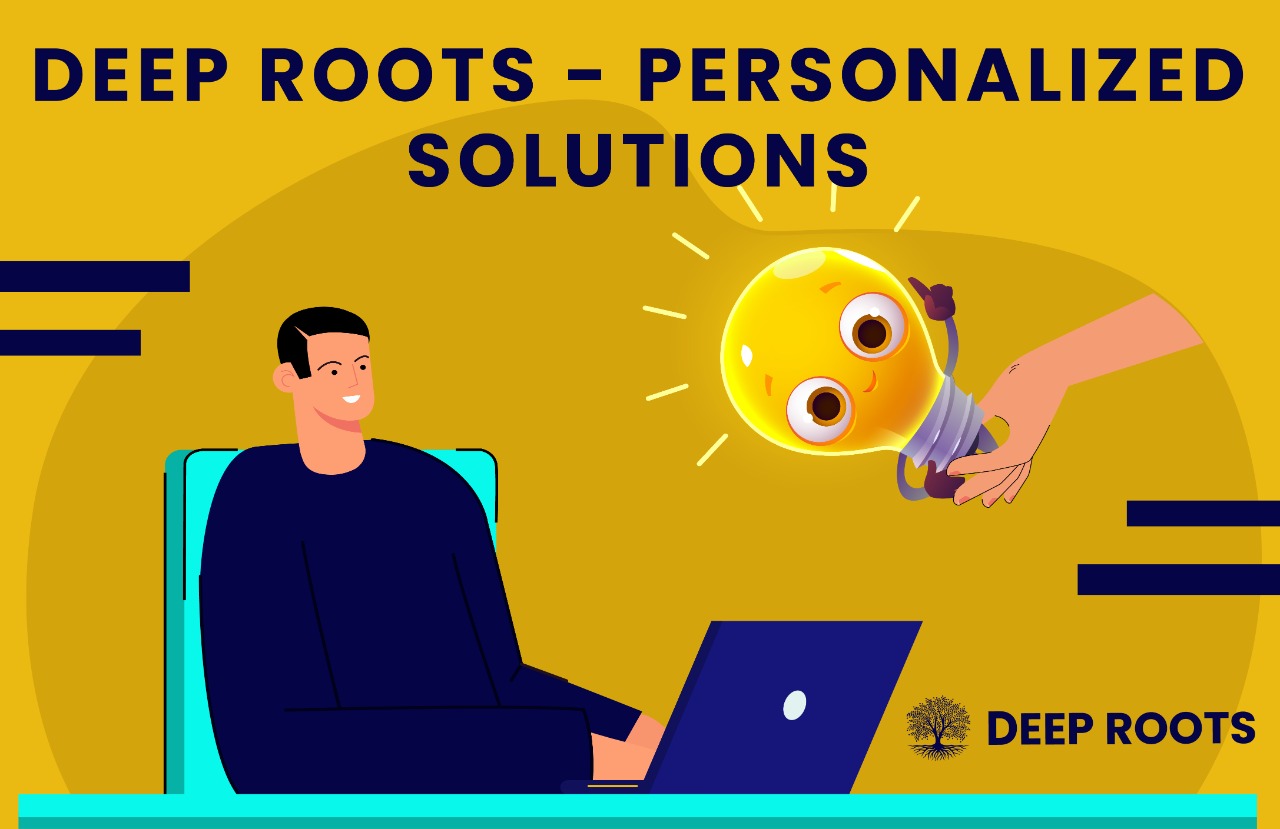
Blockchain technology has emerged as a disruptive force, revolutionizing traditional systems across various industries. With its decentralized nature and immutable ledger, blockchain is reshaping the way we transact, govern, and interact. In this blog post, we will explore the profound impact of blockchain technology on traditional systems and delve into the key ways it is driving the decentralization revolution.
May you also like this: Crypto Wallet Security: Best Practices for Safeguarding Your Digital Assets
Content
Transforming Financial Systems

In the realm of finance, blockchain is challenging the traditional banking infrastructure by offering faster, more secure, and cost-effective transactions. Through smart contracts, financial agreements can be executed seamlessly, eliminating the need for intermediaries and reducing transactional friction.
Revolutionizing Supply Chain Management
Blockchain’s transparency and traceability features have the potential to transform supply chain management. By recording every transaction on an immutable ledger, stakeholders can verify the authenticity and origin of products, ensuring ethical sourcing, minimizing counterfeiting, and enhancing consumer trust
Disrupting the Healthcare Industry
Blockchain holds immense potential in the healthcare sector, enabling secure storage and sharing of patient data while maintaining privacy and consent. With blockchain-based health records, patients have greater control over their information, reducing administrative complexities and improving interoperability between healthcare providers.
Democratizing Voting Systems

Blockchain-based voting systems have the power to enhance the integrity and transparency of elections. By providing an immutable and auditable record of votes, blockchain can eliminate voter fraud, increase accessibility, and empower citizens to actively participate in the democratic process.
Enabling Decentralized Energy Grids
Blockchain technology is facilitating the transition towards decentralized energy grids. Through peer-to-peer energy trading, individuals can generate and sell their excess energy directly to others, fostering renewable energy adoption and creating a more sustainable and resilient energy ecosystem.
Related Suggestion: Crypto Gaming: How Blockchain Technology is Transforming the Gaming Industry
Conclusion
The decentralization revolution brought forth by blockchain technology is transforming traditional systems across industries, offering increased transparency, security, and efficiency. From finance and supply chain management to healthcare and voting systems, blockchain’s impact is far-reaching and holds immense potential for a more inclusive and decentralized future. As we continue to explore the possibilities, it is crucial to embrace this transformative technology and harness its capabilities for the benefit of society as a whole.

A business blog writer at the age of 19, Francis is a jack-of-all trades when it comes to writing. He specializes in content creation for businesses and blogs. With years of experience under his belt, he’s able to provide both written and video content that will engage readers and viewers alike!











